DIGIT DICER
HENRY, CHEF
LOS ANGELES, CALIFORNIA
Henry had just moved to Mesa, Arizona, hoping for a fresh start after many years in Los Angeles. He landed a job as a cook at a brand-new noodle restaurant and was eager to put his skills to use. But with the grand opening just days away, the team was working around the clock—fourteen-hour shifts, nonstop prep, and mounting pressure.On his third day, running on fumes and exhausted from the brutal schedule, Henry clocked in for another grueling shift. While feeding a heavy block of flour into the noodle-cutting machine, his hand slipped. The machine caught one finger—then two more. Slowly, it severed the tip of his middle finger and crushed the others as he struggled to pull away. In a panic, he yanked his hand free, dislocating his shoulder in the process. Blood spilled into the dough as the machine kept churning, painting the noodles red.
He screamed in pain while those around him watched, horrified and helpless. Finally, Henry managed to shut off the machine and free his mangled hand. The manager rushed him to the emergency room, where a hand specialist performed intensive surgery to save his fingers. The experience was deeply traumatizing. Henry compares it to something out of a horror movie—or a Yakuza film. In Japanese cinema, Yakuza films often depict gang members cutting off a finger to show loyalty to their crime family. Thankfully, Henry didn’t have to make such a sacrifice. He was able to keep all his digits, though he did lose some feeling in his fingertips.
At first, Henry feared the trauma might be too much to overcome. But in time, he was able to return to the restaurant—and even sit down to enjoy a bowl of noodles without being triggered by the memory. Despite everything, his love for his favorite dish remained intact.


